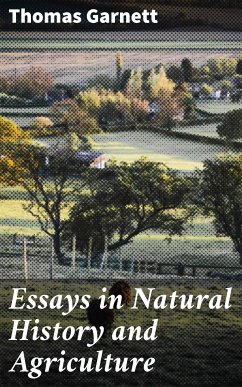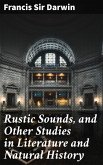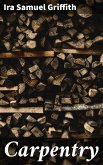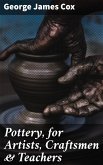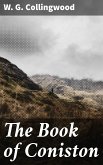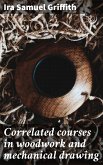In "Essays in Natural History and Agriculture," Thomas Garnett adeptly intertwines observations of the natural world with reflections on agricultural practices in the early 19th century. The collection showcases Garnett's descriptive prose and analytical approach, highlighting his engagement with the burgeoning scientific disciplines of the time. Each essay serves not only as an exploration of flora and fauna but also as a commentary on the impact of agricultural methods on the environment, making it a significant contribution to both natural history and agronomy. His work is situated within the intellectual milieu of early Victorian thought, as it grapples with the themes of progress and sustainability amidst industrial change. Thomas Garnett, a noted British physician and naturalist, drew upon his extensive scientific training and personal experiences in the field to craft this influential compilation. His passion for both nature and agriculture is evident, shaped by his broader interests in the era's scientific advancements and environmental consciousness. Garnett's engagement with contemporary studies and his commitment to empirical observation underscore the book's relevance as a precursor to modern ecological and agricultural discourse. "Essays in Natural History and Agriculture" is a must-read for scholars and enthusiasts alike. It invites readers to reconsider the interplay between nature and agriculture through a critical lens that is both historical and timeless. Garnett's rich insights and eloquent style will resonate with those seeking to understand the foundational principles of ecological stewardship and agricultural innovation.
Dieser Download kann aus rechtlichen Gründen nur mit Rechnungsadresse in A, B, BG, CY, CZ, D, DK, EW, E, FIN, F, GR, H, IRL, I, LT, L, LR, M, NL, PL, P, R, S, SLO, SK ausgeliefert werden.

